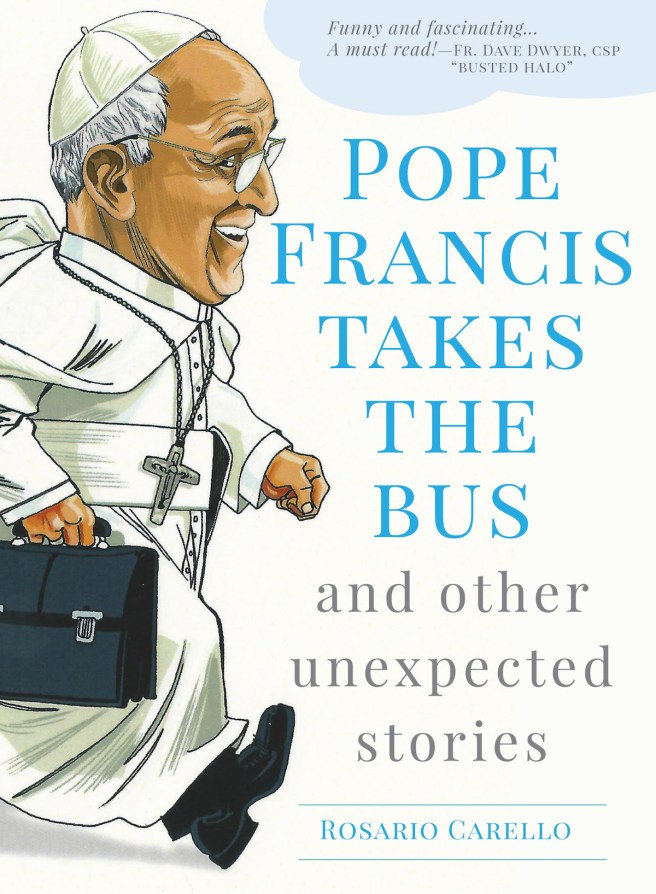
When you’ve invested over a decade in raising your child, you discover that as he enters his teen years, the way you need to nurture his faith changes drastically. This is the time when your child needs to begin to take over his own faith development, but it doesn’t mean you’re off the hook — or unnecessary.
Ignatius Press has released two books to help parents and teens in this stage: The Light Entrusted to You, for parents, and Humility Rules, for teens (though parents shouldn’t skip this one).

John R. Wood’s The Light Entrusted to You: Keeping the Flame of Faith Alive is a parent-to-parent guide to help you share Catholicism with your family by living Catholicism with your family. The author is not a theologian or professor: he’s an eye doctor and a parent who loves his children and his faith. The chapters are cleverly titled to form the acronym “SAINTS,” and the topics covered range from saints to Scripture to sports (yes, sports). A more-detailed table of contents or an index would be helpful in this book, but the information in the book is solid and Wood’s delivery is engaging.
Christ is our model. After His baptism He does not go to the beach to drink a piña colada. He goes to the desert to fast and do battle with the devil (see Mt 4). We must follow His lead and also teach our children to “do battle”. Much of our time parenting is simply training our children to overcome concupiscence, the tendency to do wrong because of original sin. It should be obvious that children often desire to do and have things that are not good for them. Imagine if we simply let our children do everything they wanted to do. They would probably end up either dead or in prison very early in life. We strive to teach them to live lives of virtue, and we all know it is a long journey that each of us continues his entire life. (25)
From the corporal and spiritual works of mercy to the great cathedrals to a synopsis of Old Testament events, Wood invites readers to dive deep into the deposit of the faith and nurture their own souls so that they can inspire their children.

While you’re reading Wood’s book, hand Humility Rules: Saint Benedict’s 12-Step Guide to Genuine Self-Esteem to your teen or college student. Author J. Augustine Wetta, OSB, does not talk down to teens, but rather challenges them to engage with their faith as they grow in virtue. Self-esteem might seem like a dated buzzword, but Wetta demonstrates how it’s important, even virtuous, for teens to develop a healthy self-esteem.
Genuine self-esteem is a form of holiness, and holiness, in Saint Benedict’s eyes, is not about self-love but self-abandonment. In fact, the whole idea of holding yourself in high esteem would sound ridiculous to him. It would defeat the very purpose of the Christian life, which is to empty one’s self in order to make room for God’s grace. (18-19)
Wetta distills, from the Rule of Saint Benedict, 12 steps along the ladder of humility, and challenges his readers to climb that ladder.
Humility Rules would make an excellent Confirmation or graduation gift.

Copyright 2018 Barb Szyszkiewicz
This article contains Amazon affiliate links.
I received review copies of these books, but no compensation, for my review. Opinions expressed here are my own.



